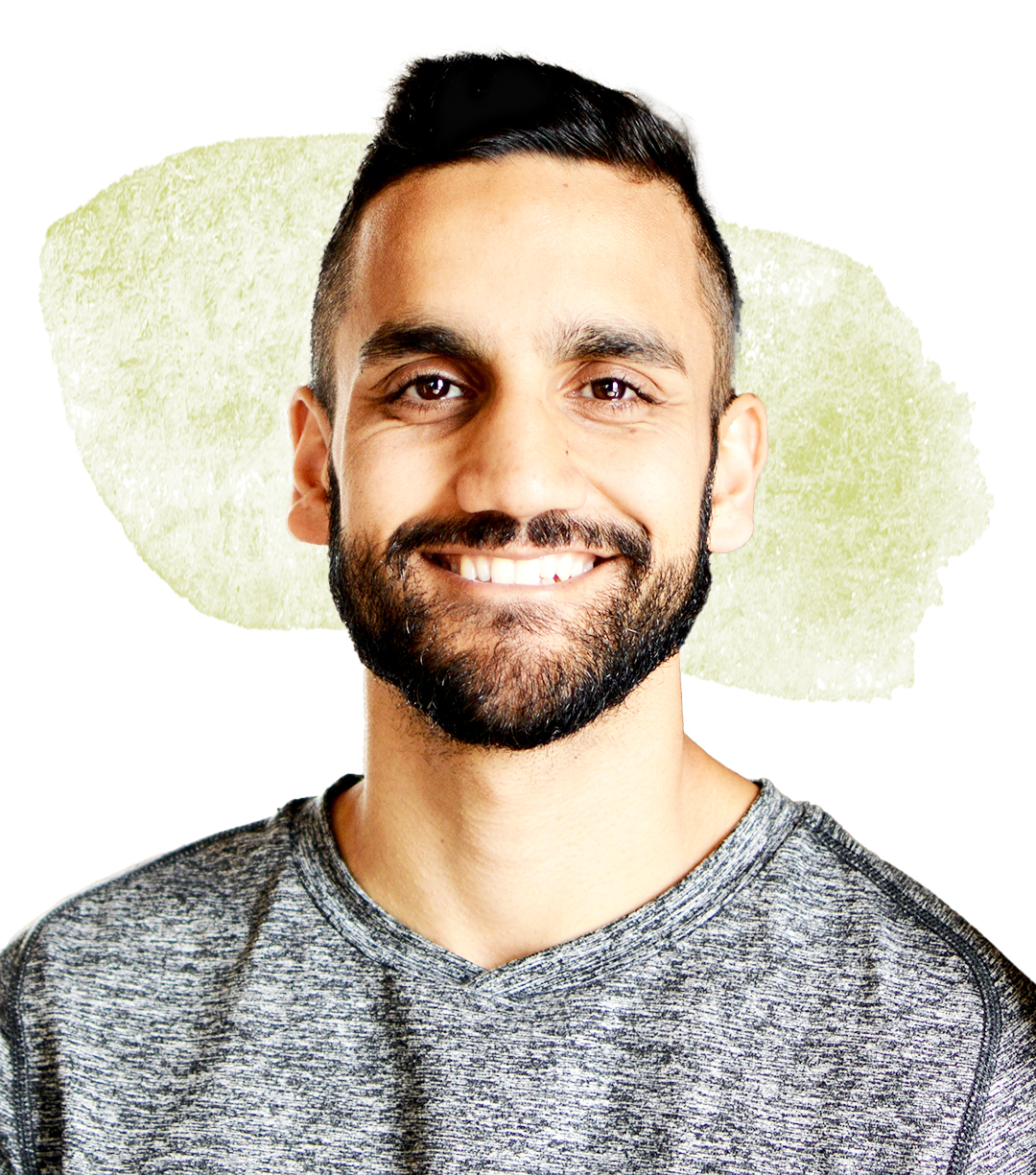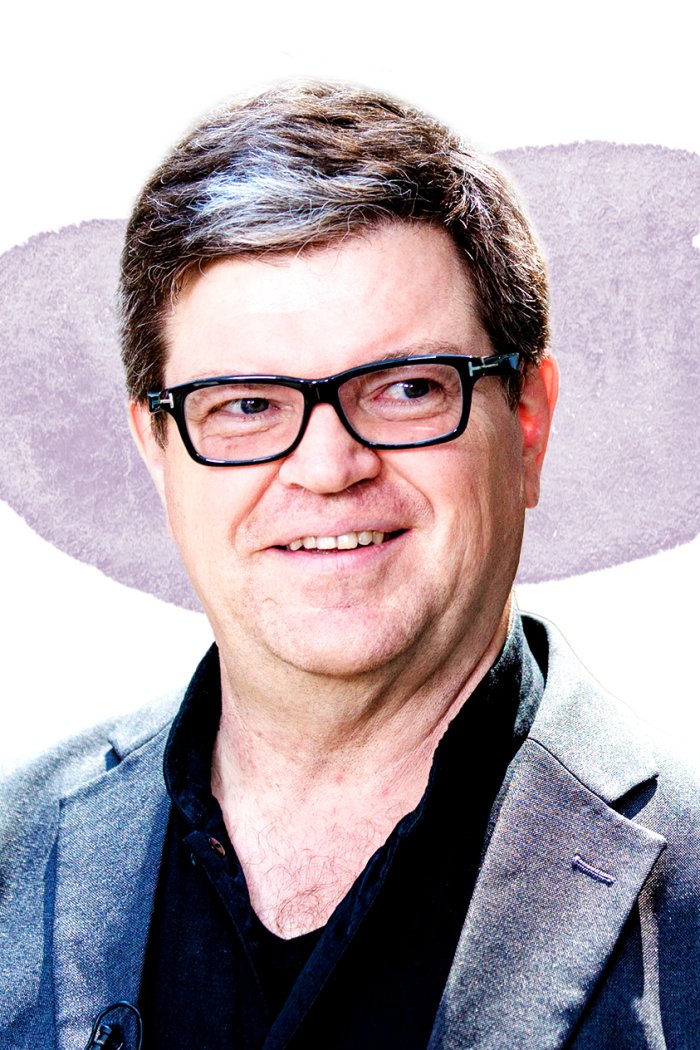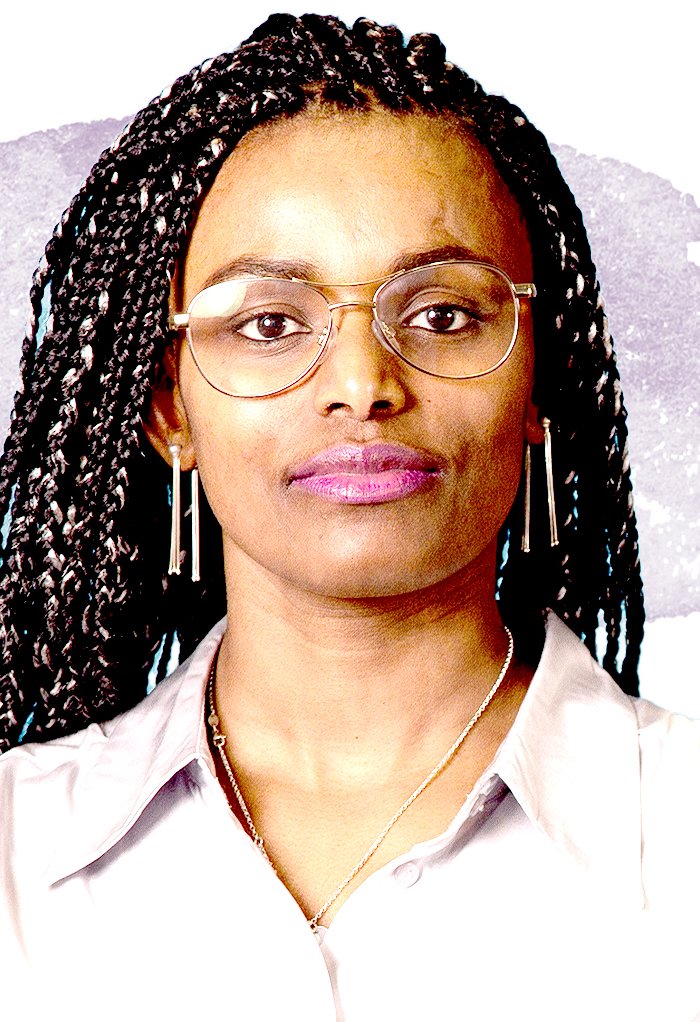What if, each time you had a question about your health, you could ask an actual doctor instead of tumbling down a Google rabbit hole? For many people in the U.S., the costs and delays associated with routine medical care make that idea unfathomable. “People have really struggled in this country to even imagine what an abundance of access to medical care could and should look like,” says machine-learning researcher Neal Khosla.
Curai Health, the AI-assisted telehealth startup the 30-year-old Khosla co-founded in 2017, is a shot at making that change. At first glance, Curai is a typical subscription-based virtual care service. Users pay $15 a month (if the cost isn’t covered by their employer) for the ability to text 24/7 with health care professionals who can answer questions, create care plans, write prescriptions, and, if necessary, refer users to specialists. AI is the special ingredient that keeps the whole thing running behind the scenes, Khosla says.

Curai’s AI essentially functions as an assistant for doctors, handling straightforward tasks to free up their time for more complex work. Think: collating the information patients provide during their intake questionnaires or sending a follow-up message after the conversation to see how a patient is doing. “There are pieces of software doing parts of the work that don’t involve making a final decision on what to do with the patient,” Khosla explains.
Streamlining the process in this way means that the relatively small number of clinicians working with Curai (somewhere in the “double digits,” Khosla says) can see a much larger number of patients. Khosla declines to share Curai’s membership figures, but by the end of 2020, it had reportedly completed more than 350,000 patient visits. So far, the startup has received more than $50 million in funding from General Catalyst, Morningside Ventures, and Khosla Ventures, the firm founded by Khosla’s father, the billionaire venture capitalist Vinod Khosla—and the younger Khosla says it’s growing quickly toward its goal of creating a world “where anybody can pull out their phone and get the best information that biomedicine has.”
- Inside Elon Musk’s War on Washington
- Meet the 2025 Women of the Year
- The Harsh Truth About Disability Inclusion
- Why Do More Young Adults Have Cancer?
- Colman Domingo Leads With Radical Love
- How to Get Better at Doing Things Alone
- Cecily Strong on Goober the Clown
- Column: The Rise of America’s Broligarchy




